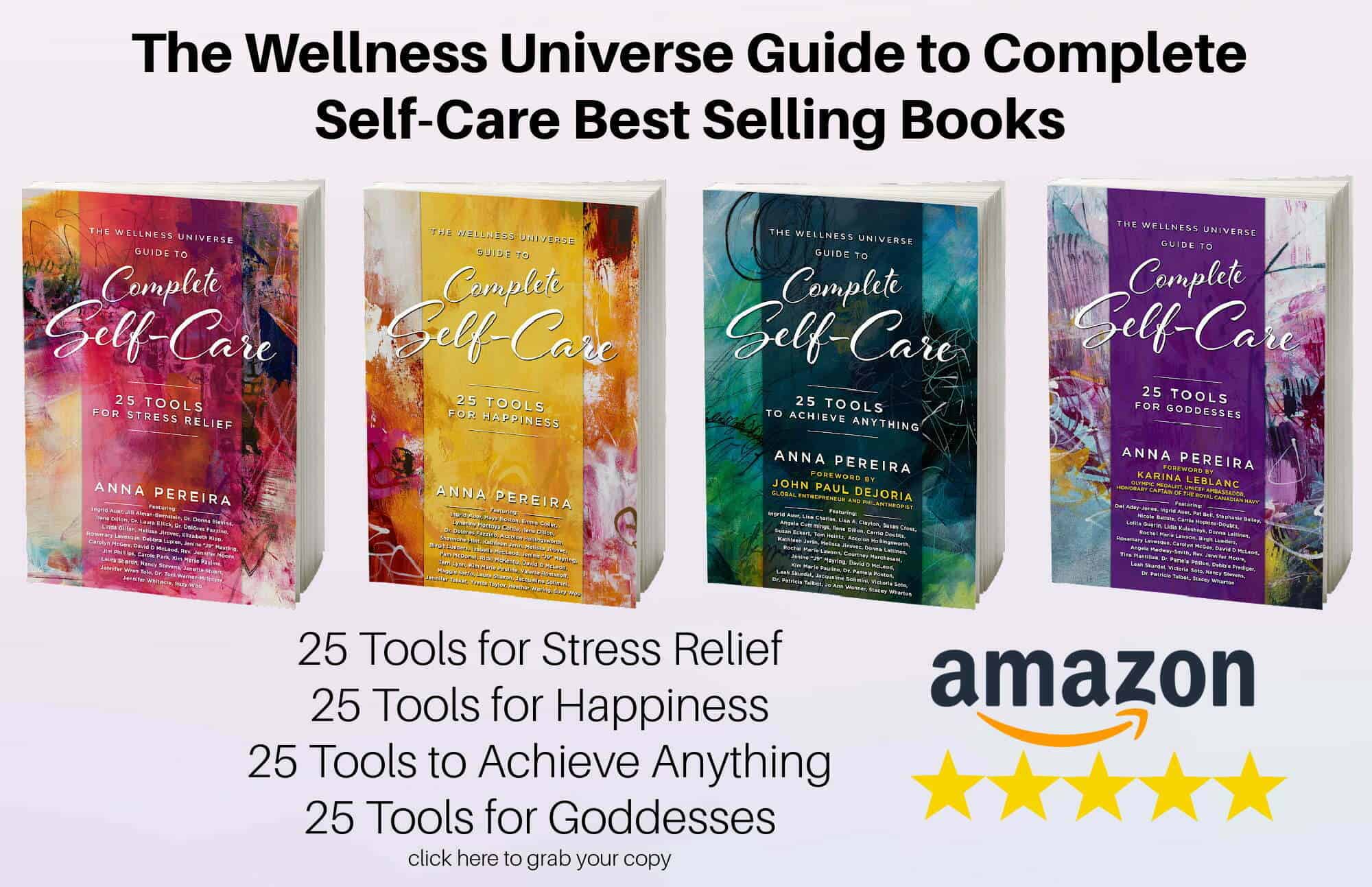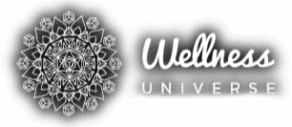The home, our sanctuary, is where our hearts truly reside. But it’s not just the bricks and mortar that make a house; it’s the relationships within, the bonds that define who we are. So, let’s leave our shoes at the door, find a cozy spot, and explore how tolerance within the family can shape our lives and those of generations to come.
The Family Tapestry
Imagine your family as a beautiful tapestry, each member a vibrant thread contributing to the intricate design of your life. Families come in all shapes and sizes, reflecting a rich tapestry of diversity. According to a report by the United Nations, as of 2021, there were 280 million international migrants worldwide. This means families often bridge cultures, languages, and traditions.
The ability to weave this tapestry harmoniously depends on tolerance—a willingness to accept and respect the unique threads that make up the family fabric.
The Heart of the Matter
Why does tolerance within the family matter so much? Well, it’s the heart of a healthy, thriving household. When family members respect each other’s differences, it fosters a sense of belonging and emotional safety. The Journal of Marriage and Family highlights that children raised in an environment of tolerance tend to have better mental health and emotional well-being.
Here’s a numerical nugget for you, in a study published in The Journal of Marriage and Family in 2018, it was found that adolescents who perceive higher levels of family support and lower levels of family conflict tend to exhibit less risky behavior.
Tolerance’s Impact on Relationships
The ripple effect of tolerance extends beyond the family unit. When we grow up in an environment where differences are embraced, it shapes how we interact with the world. We carry these values into our friendships, romantic relationships, and professional lives.
A study by researchers at the University of Michigan found that individuals who reported having more positive family relationships during adolescence tend to have better mental health and life satisfaction in adulthood. Tolerance at home lays the foundation for broader tolerance in society.
The Costs of Intolerance
On the flip side, intolerance within the family comes at a high cost. It can lead to strained relationships, emotional distress, and, in some cases, estrangement. A study published in the journal Psychology and Aging found that negative family interactions can have long-lasting health consequences, including increased mortality risk.
But the most profound cost of intolerance is the erosion of the family unit itself. It can result in a breakdown of communication, a lack of trust, and emotional distance. In extreme cases, it can lead to family members cutting ties, which has a lasting impact on individuals and future generations.
The Role of Parents
Parents play a pivotal role in shaping tolerance within the family. Children learn by example, and parents are their first teachers. It’s the responsibility of parents to model tolerance, empathy, and open communication. A study published in the journal Child Development emphasizes that parental warmth and support are linked to children’s prosocial behavior and emotional regulation.
Practical Steps to Foster Family Tolerance
So, how can we practice tolerance within the family? It starts with open communication. Encourage family members to express themselves, share their thoughts, and listen actively. Create an environment where everyone’s voice is valued.
Teach empathy. Help children understand the feelings of others and how their actions impact those around them. Engaging in activities that promote empathy, such as volunteering or acts of kindness, can be transformative.
Set family rules that promote tolerance. For example, rules against name-calling, discrimination, or exclusion. Make it clear that disrespectful behavior won’t be tolerated.
A Harmonious Future
As we conclude our exploration of tolerance within the family, remember that the impact of your family’s tolerance ripples through time. By embracing differences, respecting individuality, and fostering open communication, you’re not just creating a harmonious home today, but shaping the future.
So, as you return to your family, think about the role you can play in fostering tolerance. Start conversations, support open dialogue, and be an example of empathy. Because in the end, it’s the love and tolerance within our families that light the path to a brighter tomorrow.
Works Cited
- Family Support and Adolescents’ Risky Behavior: A study published in the Journal of Marriage and Family on the relationship between family support, conflict, and adolescent behavior. Read it here.
- Positive Family Relationships and Adult Well-Being: A study by the University of Michigan exploring the link between positive family relationships during adolescence and adult well-being. Read it here.
- Negative Family Interactions and Health Outcomes: A study published in “Psychology and Aging” on the long-term health consequences of negative family interactions. Read it here.
- Parental Warmth and Prosocial Behavior: A study published in the journal “Child Development” on the impact of parental warmth and support on children’s prosocial behavior. Read it here.
All information, content, and material are for informational purposes only and are not intended to serve as a substitute for the consultation, diagnosis, and/or medical treatment of a qualified physician or healthcare provider. The information supplied through or on this page, or by any representative or agent of The Wellness Universe, is for informational purposes only and does not constitute medical, legal, or other professional advice. Health-related information provided through this website is not a substitute for medical advice and should not be used to diagnose or treat health problems or to prescribe any medical devices or other remedies. The Wellness Universe reserves the right to remove, edit, move, or close any content item for any reason, including, but not limited to, comments that are in violation of the laws and regulations formed pursuant to the Federal Food, Drug, and Cosmetic Act. None of the posts and articles on The Wellness Universe page may be reprinted without express written permission.
Relax, unwind, and heal with sound in Food for Your Soul. The Wellness Universe invites you to join Sharon Carne, Director of Training and Program Development at the Sound Wellness Institute for this immersive monthly experience.
Catch the recorded session(s) and be sure to join the next LIVE class!
Register today:

see how our self-care books are helping thousands of people around the world. Digital and paperback books are available now.
Connect to the people that help you live your best life: The Wellness Universe
The Wellness Universe is your resource for health, wellness, well-being, and transformation. We serve and support professionals who make the world a better place and individuals and groups who seek their best life.
A woman owned company; having the vision in 2013, Anna Pereira launched the first directory in 2015 bringing together a community of members making the world a better place to be found by those seeking their best life. The Wellness Universe has grown since then to be a one-stop shop for total wellness support! We are a vetted community, online directory, book publisher, resource center, event producer, content platform, and so much more, supporting whole-health and well-being on a global scale.
The Wellness Universe is a home that connects industry professionals in the health, wellness, and well-being fields to seekers of total well-being. WU provides our WU World-Changer members with peer support, Wellness Universe produced events (live and online), projects, visibility, business mentoring, and community. Through The Wellness Universe our WU World-Changer members serve WU Friends, seekers of health, wellness and transformation, with coaching, workshops, content and more.
The Wellness Universe provides individuals and groups seeking their best lives with access to our members, wellness content, educational resources, and guidance in all areas of wellness to transform visions of how they want to live life into the life they experience.
Through the directory, WU Featured Blog, SoulTreat wellness retreat, Self-Care Books, group well-being programs, and online learning center, The Lounge, The Wellness Universe provides many avenues to support whole health, mind, body, spirit and planet.
Join us today! Wellness Professional or Seeker of Your Best Life




